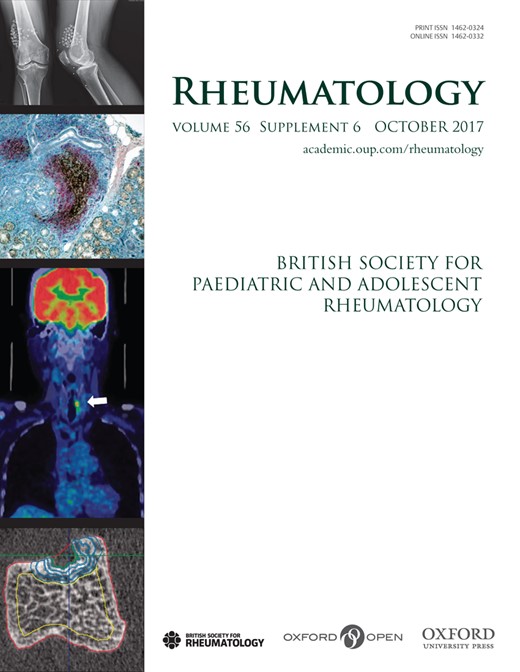-
PDF
- Split View
-
Views
-
Cite
Cite
Jenny Waite-Jones, Veronica Swallow, Jo Smith, Simon Stones, Rabiya Majeed-Ariss, Vanessa van Rooyen, 017. Developing a mobile-app to aid young people’s self-management of chronic rheumatic disease: a qualitative study, Rheumatology, Volume 56, Issue suppl_6, October 2017, kex356.001, https://doi.org/10.1093/rheumatology/kex356.001
Close - Share Icon Share
Background: Facilitating self-management of chronic rheumatic disease (CRD) can benefit both young patients and professionals. Mobile applications (apps) can prove useful tools helping to integrate health-care tasks through providing information including controlling symptoms and emotions as well as access to social support. A mobile-app developed specifically for young-people with CRD could prove an ideal way of helping them to develop self-management skills of: problem solving, decision-making, resource utilization and forming relationships with professionals. This study forms the final stage of a three phased investigation into what should be included in a self-management mobile app for young-people with CRD according to young-people, parent/carers and health professionals. Appointment/treatment reminders, disease activity monitoring, goal setting and peer contact were requested within the survey starting the investigation. The second stage, a systematic review of how effective self-management apps have proved to be, found few previous studies had adopted a systematic approach involving young-people and families and confirmed the need for this third phase.
Aims: To seek the views of young-people, parent/carers and health care professionals as to what should be included in a mobile-app to facilitate self-management for young people with CRD with the intention that findings should inform the future development of such an app.
Methods: On approval from The National Health Service Health Research Authority (No: 193786) a qualitative approach was taken involving purposeful sampling of 9 (10-18 year old) young-people diagnosed with CRD, 8 parent/carers and 8 healthcare professionals. Semi-structured focus groups were used to gather data from professionals and individual interviews were carried out with young-people and their parent/carers. Discussion within focus groups and interviews was facilitated by demonstration of 4 existing apps and participants’ opinion sought as to how useful these would be for young-people with CRD. Also, participants were asked to comment on the possible design, functionality, levels of interaction and data sharing arrangements with healthcare professionals as well as what barriers and facilitators there may be to the use of mobile-apps. Framework analysis was used to analyse data.
Results: Through analysis agreement was found between young-people, parent/carers and professionals that a mobile-app to aid self-management of CRD would be useful. The three interlinked, overarching themes which emerged (Purpose, Components and content, and Social support) indicated that such an app should be in the form of an interactive, engaging resource, offering a sense of ownership and control. It should provide developmentally appropriate information, monitor symptoms, offer reminders and enable access to social support.
Conclusions: Findings suggest the need for further work including a feasibility study into the production and preliminary testing of such an app. Compatibility with existing technologies, costs, age, and cross-gender appeal would have to be considered as well as resource implications.




Comments